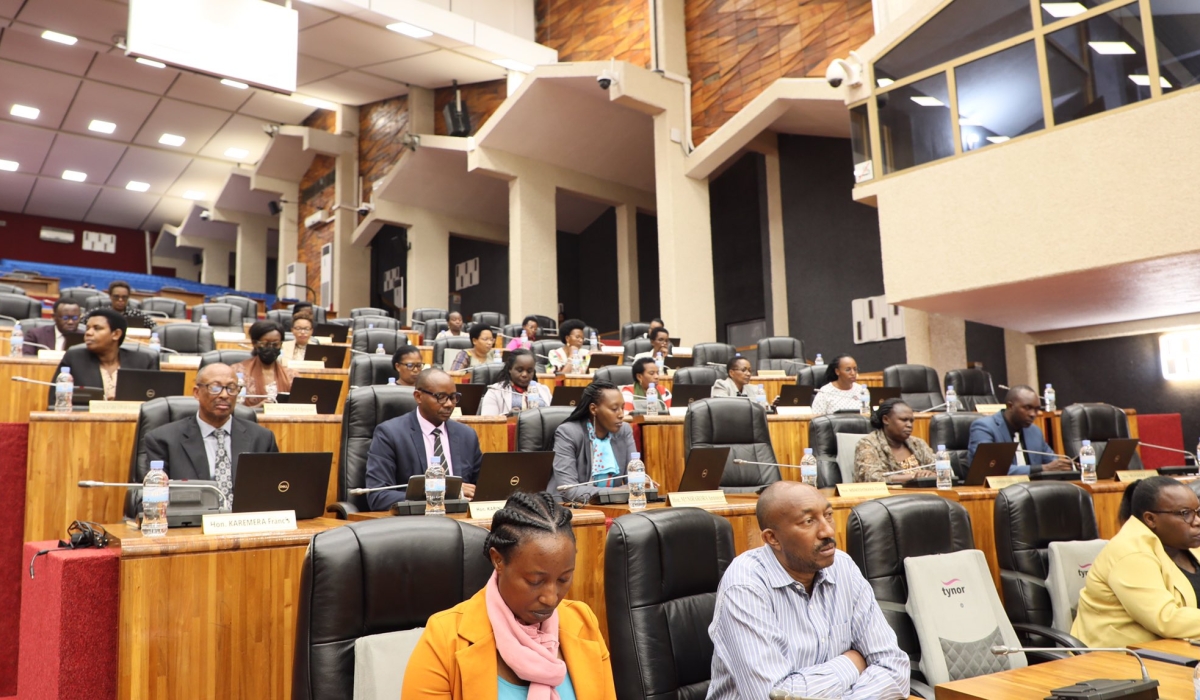Rwanda’s parliament has adopted the Smart Africa Alliance accord, which will accelerate the continent’s growth.
The April 20th approval of the alliance intends to transform Africa into a digital single market by 2030. It is also intended to promote the use of technology and innovation throughout the African continent.
The move was announced by the Minister of ICT and Innovation Paula Ingabire after 20-member countries accepted the agreement during the 10th Smart Africa Board Meeting on November 10, 2021, and it was very warmly greeted by the full session of the Chamber of Deputies. The presentation by Paula Ingabire was enthusiastically received.
Rwanda is actively aiming to further establish itself as a prominent participant in Africa’s digital economy following the successful adoption of e-government and e-commerce initiatives in recent years. This comes at a time when Rwanda is striving to solidify its position as a leader in Africa’s digital economy.
Ingabire noted that ratifying the agreement prior to the sixth Transform Africa Summit, which is slated to take place in Zimbabwe at Victoria Falls from April 26 to April 28, is critical.
The Smart Africa Alliance was founded in 2013, and it presently has 36 member countries, as well as international organisations and global corporate sector entities charged with pushing Africa’s digital agenda.
The African heads of state have made a brave and forward-thinking vow to accelerate the continent’s socioeconomic progress in a sustainable manner, lending weight to the alliance.
By making broadband internet more affordable and increasing the use of information and communication technology, Africa will be welcomed into the knowledge economy.
As the cost of connectivity remains a significant barrier to widespread broadband adoption across the continent, the Minister claims that the Smart Africa alliance is working to address the issue of roaming restrictions.
According to Ingabire, each country must have a project in each of its member countries and ensure that the project’s implementation and championing are maximised.
Read also: Morocco Launches training course on smart city strategies in Africa
The Smart City Initiative
She said that there is a Smart City initiative in Rwanda, which provides a framework to help local communities in their attempts to harness ICT and deliver higher-quality services for everybody.
In addition, Rwanda has promised to collaborate closely with the other members of the alliance in order to encourage the adoption of common ICT policies and standards throughout the continent. This is being done with the intention of developing a digital ecosystem that is more interconnected and inclusive, as well as one that provides internet access that is both easy and inexpensive.
The ICT Minister said that “in order to meet international capacities, Starlink was licensed to operate in the country, which increased the competition for the existing internet-selling companies.
“This led to a reduction of price for internet packages. As the price goes down, everyone will be able to access the internet with less amount of money charged.”
Smart Africa Alliance
Smart Africa is a bold and creative pledge by African Heads of State and Government to accelerate sustainable socioeconomic development on the continent.
This is to ensure that Africa transitions into a knowledge economy via cheap broadband access and the use of Information and Communications Technologies.
The Transform Africa Summit, held in Kigali, Rwanda, from the 28th to the 31st of October 2013, resulted in the adoption of the Smart Africa Manifesto document by seven (7) African Heads of State (Rwanda, Kenya, Uganda, South Sudan, Mali, Gabon, and Burkina Faso), in which they committed to providing leadership in accelerating socio-economic development through ICTs.
The SMART Africa Manifesto was supported by the African Union Heads of State and Government during the 22nd Ordinary Session of the African Union Assembly in Addis Ababa on the 30th and 31st of January 2014. This move elevates the Manifesto to the forefront of Africa’s ICT agenda, moving it beyond the Summit’s initial seven signatories to all 53 African nations.
Since then, the Smart Africa Alliance has expanded to encompass 36 African nations and nearly 1 billion people.
